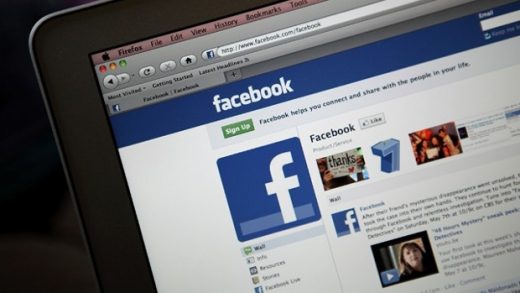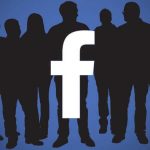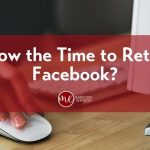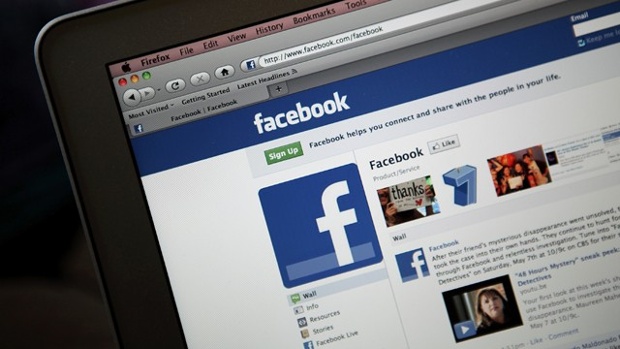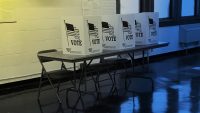The Perils of Facebook “Expertise”
April 21, 2016
The dust is still settling from the recent firing of longtime Pittsburgh television news personality Wendy Bell, but the social media vitriol has quieted down enough to allow a bit more perspective to seep into the discussion. Bell recently shared this opinion on Facebook that included her perceptions of the potential perpetrators of a local mass murder. Unless Pittsburghers were sleeping in a cave, they know her controversial views resulted in her termination from the station after nearly two decades of employment at ABC affiliate WTAE.
As you might expect, much has been written about her comments, including from my fellow Pennsylvania writer/friend Chris Rodell (Use all the Crayons, The Last Baby Boomer). His provocative take on the matter suggested the veteran anchor had, via Facebook (even if only for one day), strayed from her core profession and decided to be an “anthropologist.” Rodell flatly notes her new choice of profession cost her job. Rodell is correct; Bell took it upon herself to share views on a heinous crime by offering a perspective that was bold and indeed beyond the normal bounds of her broadcast journalism duties – an opinion for which she is not paid to provide on camera. In doing so, she anointed herself a professional of a different stripe.
Now here’s the big point. What Bell did in her role as journalist, community leader or everyday citizen – exercising her right to speak freely – would have been inconceivable before the days of social media. Worse, this behavior is rampant among far too many social media users (celebrity or otherwise) who delude themselves into believing simply having a digital mouthpiece to the rest of the online world means they have emerged as experts on a wide range of problems and issues outside their depth of knowledge.

Mr. Zuckerberg’s invention (and those which seek to copy him) rightly chortle at the social “inter-connectivity” provided by their ground-breaking medium. But what they don’t mention is that the Facebooks of the world invite people to offer up views – sometimes even extreme views – that too frequently illustrate their mouth is writing checks their rear ends can’t cash. The line of those seeking to prove this point right is virtually endless. Facebook has been a paradigm-shifting medium – but amateurs endlessly playing the role of experts will eventually find the medium’s relevance to be threatened by the weight of the collective ignorance found within.
Facebook’s intent in connecting us all is laudable – and at least until now – has extracted from us minimal cost (either in dollars or privacy) to continue its evolution. It facilitates this “I am the new expert” mantra (perhaps even unwittingly) because it is easily accessible to many, a monologue at the original point of content creation and is only minimally engaged in editing content distributed over its platform. Before social media’s rise, Bell’s views as a news anchor would never have been uttered in the context of her daily duties for at least a couple of reasons:
- With the death of “station editorials” some 20 years ago, there is no journalistic vehicle within her medium through which Ms. Bell could offer those views, and
- Unlike when drafting her original composition on Facebook, her “script” would have been seen by editors, producers, etc. who would have tempered what content was delivered on behalf of her station.
But online, in the anonymous cocoon of her thoughts and her pain about the crime in question, no such barrier existed. Bell’s points seem earnest and for sure they are provocative. But what in her social media DNA made her believe that she was qualified to act as the anthropologist Rodell found? It was the medium.
I recognize the growing pressure news anchors and reporters face from their stations/outlets to connect with audiences on social media. But too often the medium itself is stretching countless contributors to go far beyond their true knowledge boundaries. I don’t know how Wendy Bell’s views were born. I don’t know whether her employer was just in terminating her over the matter.
Given its close geographic proximity to one of the area’s most racially diverse neighborhoods, WTAE might have made a bigger impact had it convened a community forum where Bell would have been forced to dialogue with those concerned about her opinions on race. Because firing Wendy Bell simply treats a perceived symptom, it does little to address the overall problem.
However, I do know that like the Sirens from the sea, Facebook endlessly beckons those like Bell to be sharp or witty or compelling or whatever. Her case illustrates the sometimes deep peril of heeding that call.
Digital & Social Articles on Business 2 Community
(22)

